If you work in tech, then you know the curse of tutorial hell.
You either hear about a new technology or finally convince yourself you’re going to learn a new skill like SQL, Python or A/B testing. So you start up a Udemy course and buy a book or join a boot camp with every intention of finishing it.
But, whether it be due to work, other responsibilities, or just a loss of motivation, you only make it through about 1/2 of the course (if you’re lucky).
Then perhaps you forget about the course or go through a bout of shame and regret as you feel like you once again failed to really dig into a new topic. Honestly, it's not that different compared to learning new languages, instruments, or getting in shape. We, perhaps at the beginning, have the motivation but life or our own bad habits get in the way.
So how do we break out of this tutorial hell?
In this article, I will discuss how you can break out of tutorial hell and actually learn new topics.
Create an Accountability Group
When it comes down to it, many of us are just bad at keeping on track because we lose that internal drive.
That’s where external motivation can come into play.
“Peers are a powerful tool to help you stay motivated and accountable. Working alongside your peers creates a feeling of solidarity that makes both you and your peers more likely to focus on your goals.” University Of North Carolina Learning Center
I have seen many individuals thwart this problem by creating accountability groups. Whether it’s for studying for a certification or to finish a course, having other individuals who are working on a similar task can help keep you on task.
At the very least, you’ll force yourself to skim through the content so you can feel like you’re keeping up. But more than likely, the combined passion and excitement will help keep everyone on track.
Now the next question becomes, where do you find/manage these groups? In terms of managing, you can set up your own discord or private Slack to keep in touch with everyone.
That’s free.
In addition, data scientists like Tina Huang have been working to develop programs like Lonely Octopus to help individuals find others with similar goals to reach them. Yes, gamification can be a buzzword, but trust me, I have tried to convince myself I am above it. Still, I was always delighted to receive a non-existent digital badge at Facebook when I completed a task like deleting x-amount of lines of code or having over 100 interviews.
Systems and gamification work.
And accountability can be one of those great systems.
However you force your accountability, it's a great hack to actually get things done.
In the end, that’s why building projects in public or at work can be another great place to help get you out of tutorial hell.
Build Real Projects in Public
Projects will always be a great way to solidify your understanding of a new technology or topic. It’s like actually practicing a language every day with native speakers vs. only occasionally opening a book.
Now the best projects are generally work projects.
Maybe it's the stress of needing to complete the project for work or the unavoidable scale of real-life projects, but these have always been the best for me in terms of experience.
The challenge here is you don’t always get to scratch the itch of new shiny tools (of course, maybe that’s not a bad thing). Many projects at work whether you’re a data engineer or data scientist are about maintaining old processes.
A close second is to try to build your own real project that you make public and accessible to users.
We’ll talk about keeping this simple later. But it doesn’t have to be the largest platform ever. It doesn’t need to be the next Databricks or Fivetran alternative.
It just needs to work and be stable.
There are real-life examples of these projects I have seen where people developed a pretty basic data engineering project and now have a $1-2k per month income stream they have created.
This can help motivate you along the way, because there is just something about making even a small amount online that can feel freeing.
Finally comes a personal project you make for yourself and maybe share about in some blog.
I have collected seven great examples of these projects and recently shared them. But don’t feel locked down to what people have already done. Maybe do one or two projects that are a direct copy of someone else’s work.
But then, you need to find your own approach to putting together projects.
Of course, projects aren’t the only way to share your knowledge.
Write About What You Are Learning
I recently posted about why writing is beneficial to technical workers. It has helped several individuals I know land jobs and opened doors for me to get interviews from FAANG hiring managers and other benefits.
But writing also provides another benefit.
It helps crystalize your understanding on a topic.
Even if you never share the article with the world, it is still a great way to track your progress and understanding of topics. There are plenty of times when I look at articles I wrote, even a few months back, and realize I have gained even more knowledge of the topic.
It’s also a method that often forces you to ask why, why do you believe a certain practice is best. Why do you like certain tools and what do other people believe and write on said topics.
Writing a great and low lift way to help track and improve your progress.
Start Small
One of the biggest hindrances to actually making progress and learning new skills for myself is thinking too far ahead. That is to say, you already have planned out an amazing side project or how you could use said new skill that would require the competence level of someone who has been practicing said skill for five years.
Think smaller.
When you think about a project you want to build, try imagining something that takes 2-3 hours to build for your first project, not 50 hours.
If you’re preparing to study with an accountability group, don’t plan to go through half a book in a week. Take your time, focus on one chapter, and really learn and enjoy it.
You don’t need to write a 1,000-word blog for your first article; you don’t have to put together a full-stack app.
Just a basic first project.
Learn in Public
Have you seen people post those #100DaysOfCode hashtags? It’s a great way to build in public. Maybe you couldn’t find a small group to be accountable to, or perhaps you want to share your journey. But making your goals and progress public can help keep you on track and encourage others to do so.
Again, this can be through your writing, your Github profile, or just a general project. But sharing your progress publicly can help act as an accountability measure.
Even if all you’re doing is posting a small tweet or creating a PR, it can help act as a forcing function that gets you to actually complete your task for the day.
Overall, it’s also necessary to occasionally give yourself grace.
Give Yourself Some Grace
Learning new topics is hard. Even if you’ve programmed before, learning a new programming language can still take time.
Even if you’ve worked on Azure, AWS might take some time to become comfortable in.
Learning new topics takes time.
If you let the frustration of being unable to immediately pick up a new topic take over, you’ll likely stop trying even if you have an accountability group.
Instead, learn to enjoy being new to a topic (I include myself with this). A topic is only new once, really.
So enjoy exploring it.
Break The Cycle
We have all fallen into tutorial hell. More than likely, for most of us, it all started with that first Python tutorial or advanced SQL course.
To some degrees, it is part of the learning process; the constant repetition of the same basics over and over again until something sticks. But to really allow the new subject a permanent residence in our minds, we must find methods such as accountability groups and projects to ensure we don’t lose what we just learned.
My personal favorite tends to be writing, if that’s not a little obvious. But we all have different ways we like to learn.
Find what works, and good luck as you break out of tutorial hell.
Build custom ELT connectors within minutes with Airbyte's no-code connector builder
You can now create ELT connectors without any code or dev environment within 10 minutes, using Airbyte's new Connector Builder. It handles authentication, pagination, rate limiting, schema handling, transformation, response decoding... You just need to indicate where to get the data and how. It is best suited for synchronous HTTP API connectors. Here's a quick preview video of the connector builder, available on both Airbyte Open Source and Airbyte Cloud. You can now finally easily address your team’s long tail of connector needs!
Databases Vs Data Warehouses Vs Data Lakes - What Is The Difference And Why Should You Care?
Articles Worth Reading
There are 20,000 new articles posted on Medium daily and that’s just Medium! I have spent a lot of time sifting through some of these articles as well as TechCrunch and companies tech blog and wanted to share some of my favorites!
Becoming a Data Engineering Force Multiplier
As the landscape becomes increasingly data-driven, fueled by the rise of ML and AI, the importance of data engineering as a function continues to climb steadily year after year. Organizations now rely heavily on data to make every decision; data has become a requirement across every business unit, with the desire for more never stopping.
However, collecting, processing, and analyzing data is never clean, clear, or easy. That's where data engineering comes in. Data engineers have become the backbone for building and maintaining the infrastructure and tools necessary to collect, store, and process the increasing size and velocity of data being produced every second. There has never been a better time to become a data engineer or take your data engineering career to the next level.
How to Build a Modern Data Governance Framework
The emergence of new technologies in advanced analytics, machine learning, and the Internet of Things (IoT) has increased the demand for consistent data collection and use. However, poor data management practices that don’t ensure the quality, accessibility, and availability of reliable and secure data can make it difficult for organizations to manage this process and create meaning from their data reserves. This is where the concept of data governance comes into play.
Data governance is a set of practices that enables an organization to manage the quality, integrity, usability, accessibility, compliance, and security of the data it collects or generates. These practices ensure that stakeholders have access to high-quality data and that it is managed properly throughout its lifecycle.
End Of Day 84
Thanks for checking out our community. We put out 3-4 Newsletters a week discussing data, tech, and start-ups.



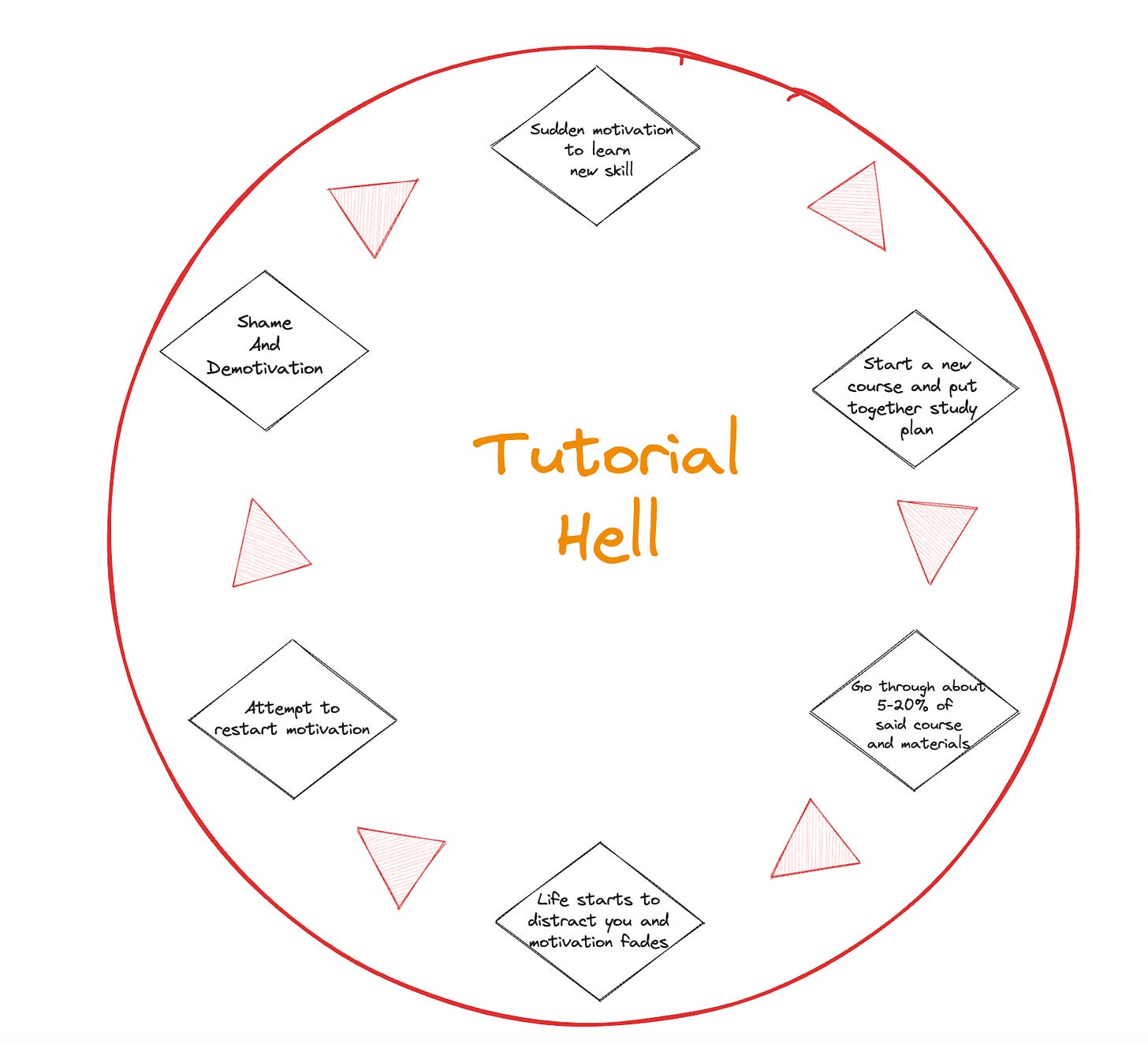
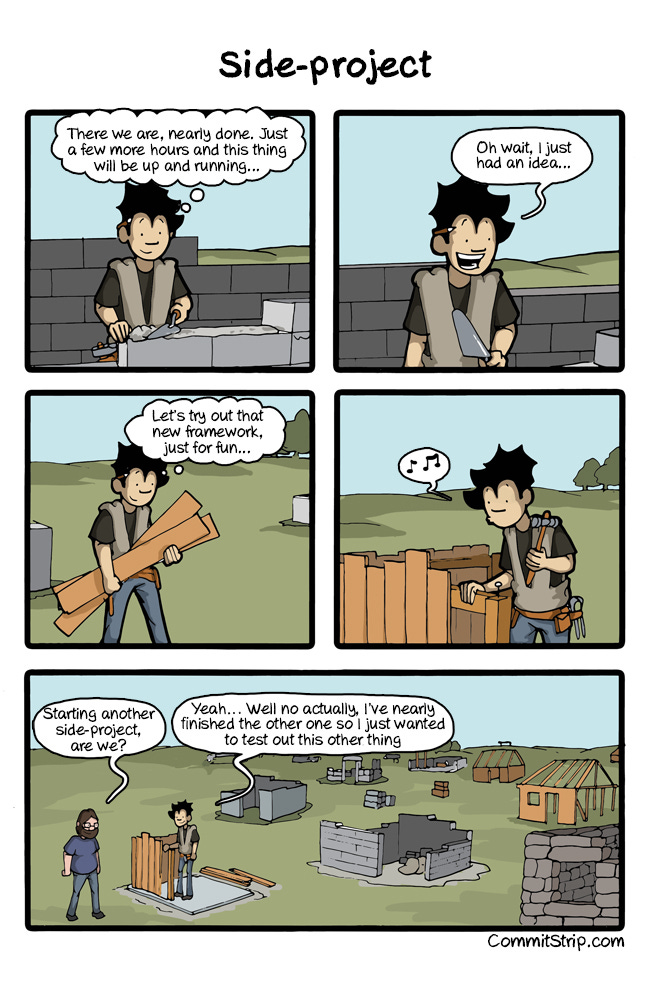
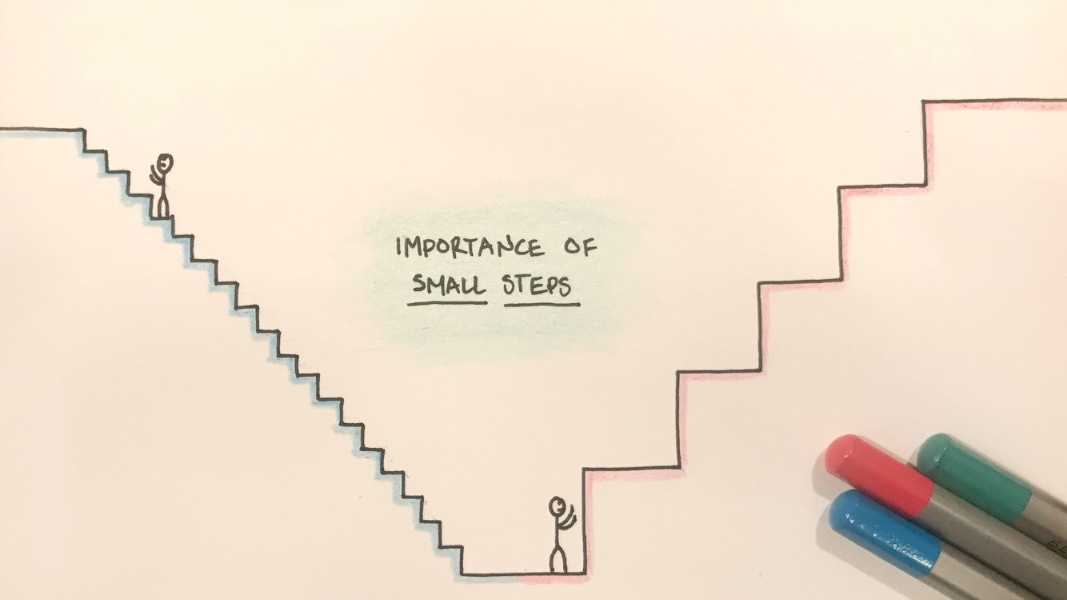
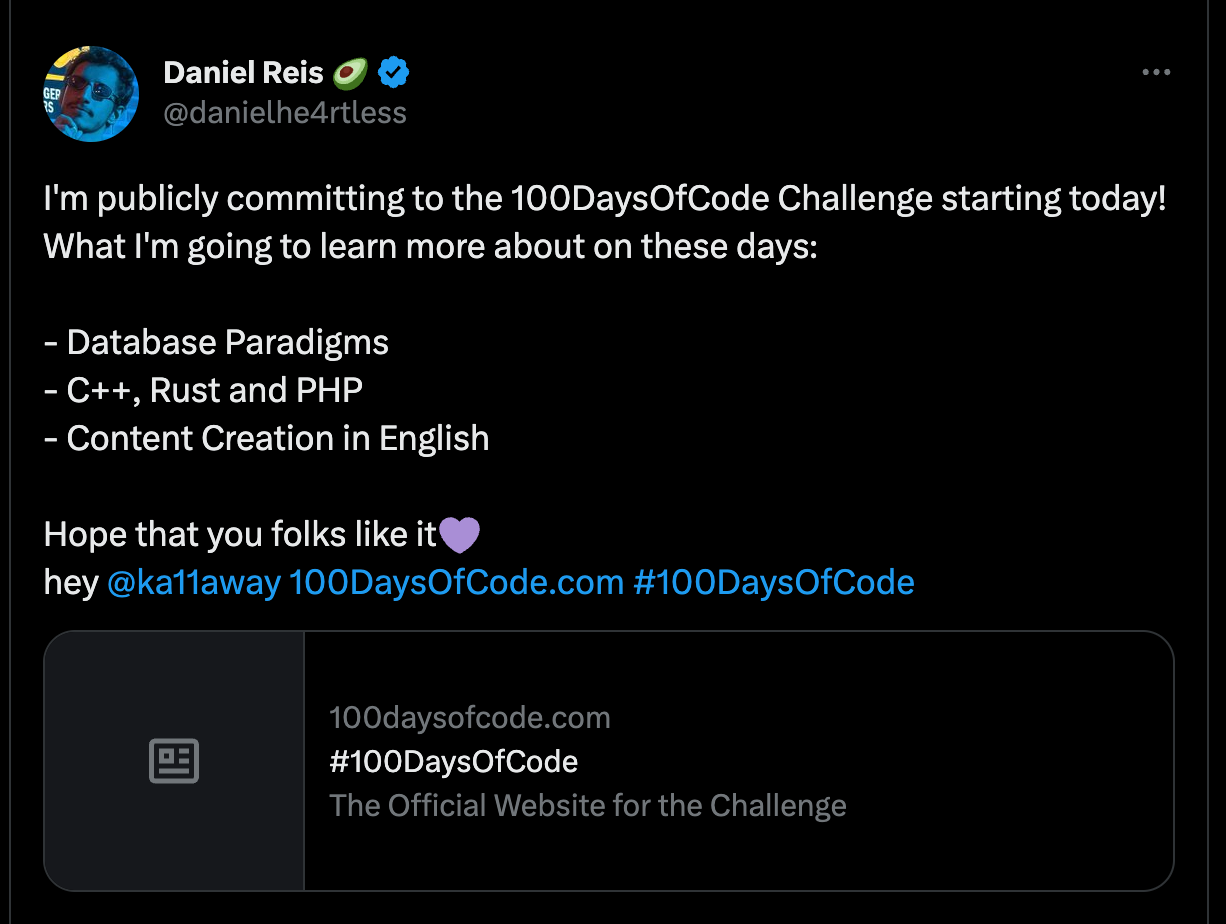
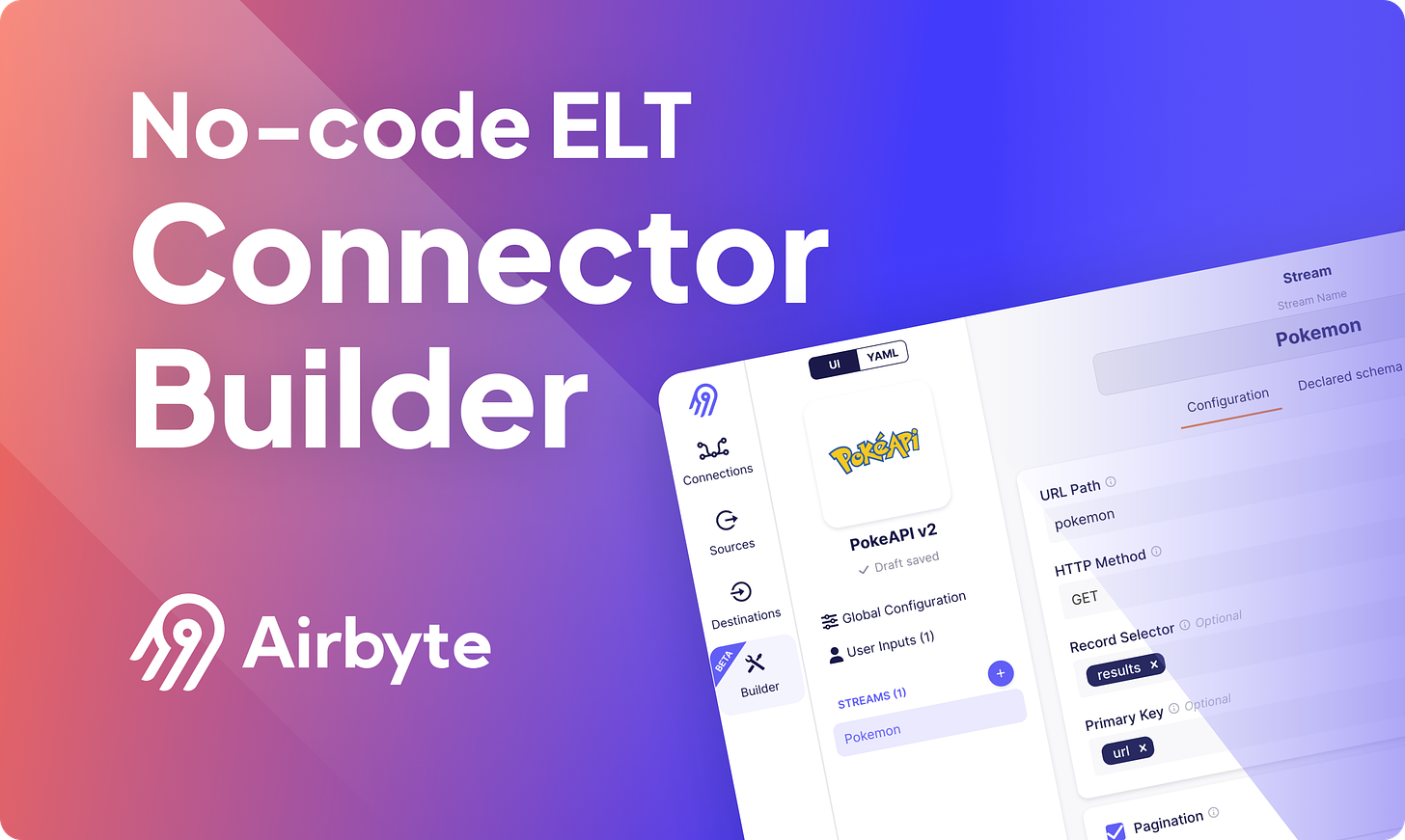
Great article. Thank you. I thought it was just me. I have 33 courses on Udemy. Finished 6, 18 not started, 7 in the works. There's an opportunity here for Udemy or its instructors to create accountability groups.
The advice in this article is pure gold!! I'm also guilty of buying courses and not finishing them.
I think writing about what you is one of the most underrated learning tools. I also love accountability groups and building projects, but there is something special about writing that immediately reveals any gaps in understanding.